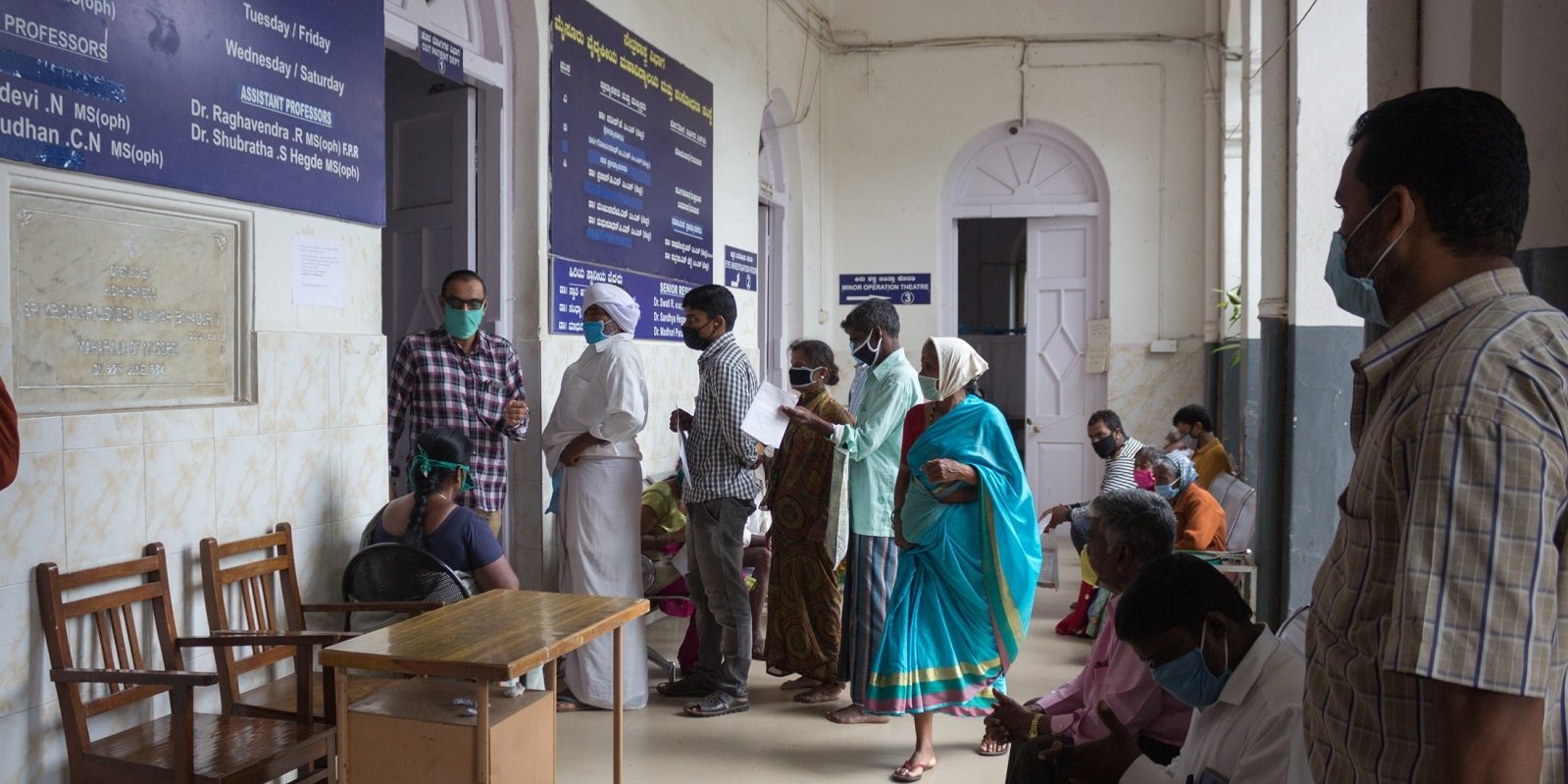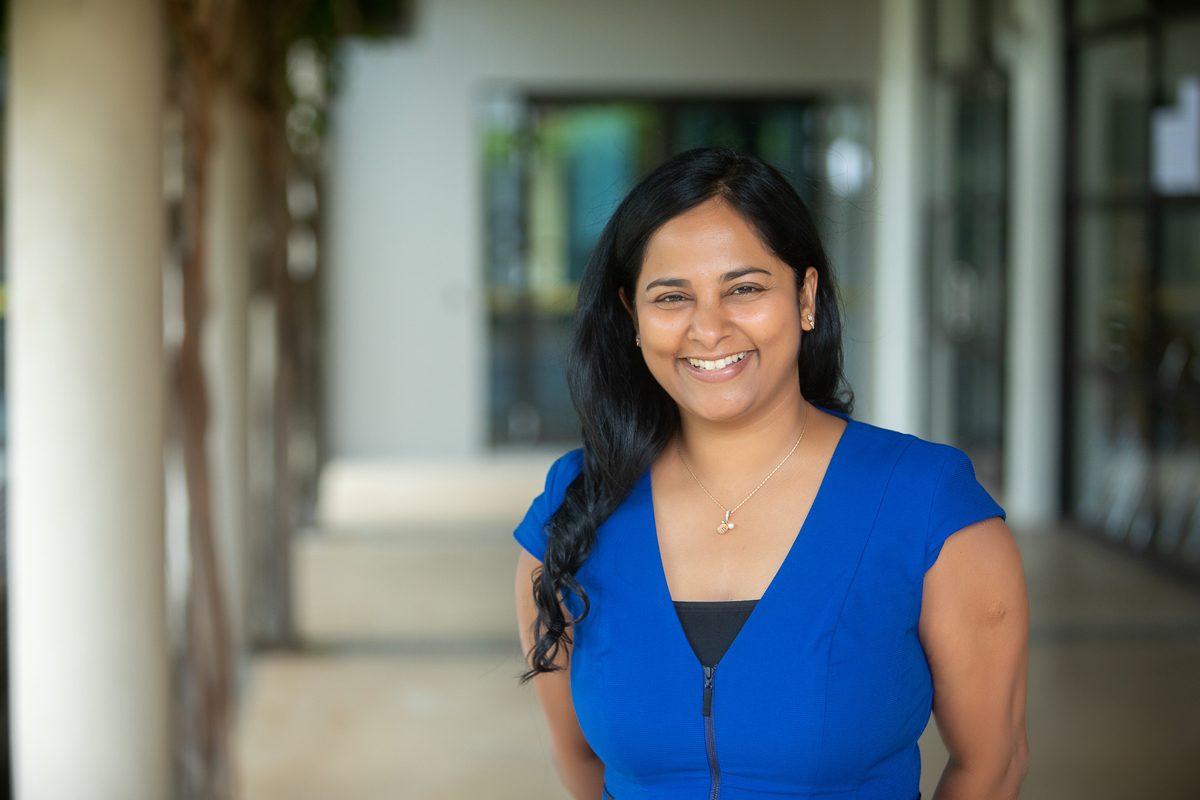Many regions of the world have experienced the COVID-19 pandemic in waves, but the death rates now seem to be falling across the globe. This is indeed baffling as there have been no miracle drugs, no new technologies and no great advances in treatment strategies for the disease that has infected more than 50 million and killed more than 1.2 million around the world.
Some researchers, including Dr Bharath Kumar Tirupakuzhi Vijayaraghavan, an intensive care specialist at the Apollo Main Hospital and Honorary Senior Fellow at The George Institute for Global Health, India attribute this to hard-earned experience, a better understanding of how to use steroids and a shift away from unproven drugs and procedures. He also pointed out to dropping fatality rates in his hospital. In April, up to 35% of those in the unit with COVID-19 perished, and about 70% of those on ventilators died. Now, the intensive-care mortality rate for people with the illness is down to 30%, and for those on ventilators it is around 45–50%.
The article in Nature entitled “Why do COVID death rates seem to be falling?” observes that in the early days of the pandemic, COVID-19 was viewed as something frightening and new — and worthy of resorting to unproven interventions in a desperate act to save patients. This included the use of hydroxychloroquine, an anti-malarial drug.
“Unfortunately, a lot of the initial discourse was complicated by noise about how this disease was entirely different or entirely new,” says Dr Bharath. “This distraction caused more harm — we were all probably poised to go off track.”
Thus far, steroids have been shown to be beneficial in reducing deaths and the anti-viral drug Remedisvir may have a benefit on time to recovery if given early. Ongoing studies include use of antibodies against SARS-CoV-2 — either purified antibodies administered individually or in cocktails, or antibody-rich blood plasma taken from people recovering from the disease. Interestingly, the ICMR-led PLACID trial did not show a benefit of convalescent plasma.
In response to the pandemic, many hospitals rapidly expanded their numbers of intensive-care beds bringing in extra staff from other departments. Over time, those staff members have become more familiar with intensive care, learning to recognize the patterns that can signal when a patient is about to deteriorate. And hospitals have learnt to triage those who have risk factors for more severe disease, placing them under more careful observation.
Researchers have struggled to understand whether COVID-19 death rates are truly dropping. Reacting to the Nature article, Prof Vivekanand Jha, Executive Director, George Institute for Global Health India, says: “Countries like India have seen a second and even a third wave but we are not quite sure why the case fatality rate seems to be low now compared to a few months earlier.”
Read the full article in Nature.





